Only Seven Women Have Ever Been Nominated for Best Director. Why?

- Oops!Something went wrong.Please try again later.
- Oops!Something went wrong.Please try again later.
- Oops!Something went wrong.Please try again later.
During Hollywood’s early years, when filmmaking was seen mostly as an eccentric side hustle, women were the bosses and made great money. But as it became clear how lucrative the business could be, men began taking over. In the late 1920s and early ’30s, Hollywood transitioned to talkies, cinematic ventures boomed, and women began to get pushed out of the better-paid directing, screenwriting, and producing roles. The few who managed to stay on top (like actress and producer Mary Pickford, who helped to establish the Motion Picture Academy) are considered pioneers and groundbreakers. Probably, they just wanted to do the thing they loved, the thing they were good at, and the thing that made them some money.
The Academy Awards ceremony was first held in May of 1929, at the start of this era, and for the next 47 years, the only people nominated for Best Director were men. Lina Wertmüller broke that streak when she was nominated for her genre-bending 1975 arthouse film, Seven Beauties. To this day, only seven women have been nominated, and only two have won.
After Wertmüller, nearly 20 years passed before the next woman was nominated: Jane Campion, for The Piano, in 1994 (the New Zealand native is also up this year for The Power of the Dog, making her the first woman to be nominated twice). A decade later, Sofia Coppola was nominated for Lost in Translation in 2004. Kathryn Bigelow was nominated for The Hurt Locker in 2010 and became the first woman to win; Greta Gerwig received her nomination for Lady Bird in 2018. By then, more women were being given the chance to helm their own films—that is, granted money and permission by the men in power—and more were doing it on their own, thanks in part to the advent of digital technology and the indie film boom.
Last year, Emerald Fennell was nominated for Promising Young Woman and Chloé Zhao was nominated for Nomadland (and won—the first woman of Asian descent to do so). This marked the first time in the Oscars’ nearly century-long history that two women were included in the Best Director category.
You could argue that these aughts-era nominations suggest things are improving, if agonizingly slowly, but the statistics are still discouraging. The ReFrame Stamp, which puts out an annual report on filmmaker statistics focusing on the year’s 100 highest-grossing films, noted a nearly 18 percent dip in the number of films directed by women in 2021. Only 14 of the top 100 movies were directed by women and only four directed by women of color (down 33.3 percent). The report also found fewer films with women cinematographers, composers, and VFX supervisors. And even the gains reported feel like a joke: Nine films written by women of color is a 125 percent increase.
Still, there are hundreds of women directing projects that are thought provoking, entertaining, and deserving of space, even if they’re not being recognized by the Academy or grossing millions. As Oscar night approaches, let’s redirect our focus to some of the most interesting directors out there who also happen to be female, starting with the eight below.
Dee Rees
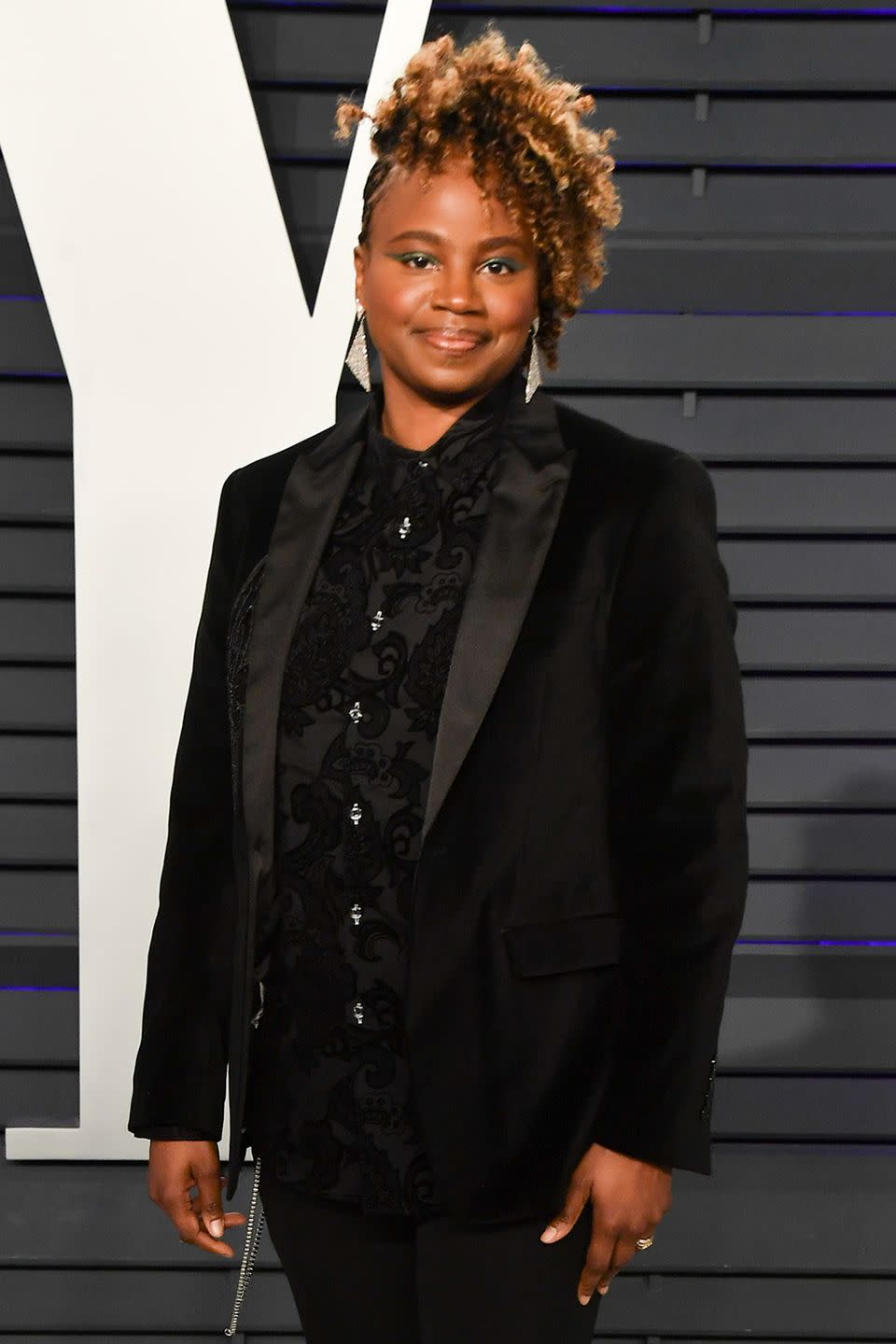
Dee Rees actually was nominated for an Oscar—Best Adapted Screenplay, for her 2017 Mississippi drama, Mudbound—but she’s more interested in rewriting Hollywood’s rules than playing by them. Rees rose to prominence in 2011 when her film Pariah, about a Brooklyn teen quietly exploring her gay identity, became a breakout indie hit. Since then, she’s been doing everything from directing the forthcoming war miniseries Masters of the Air and futuristic opera The Kyd’s Exquisite Follies to writing a lesbian horror film with her wife and creating a sci-fi graphic novel she’ll eventually adapt for the screen.
Geeta Patel
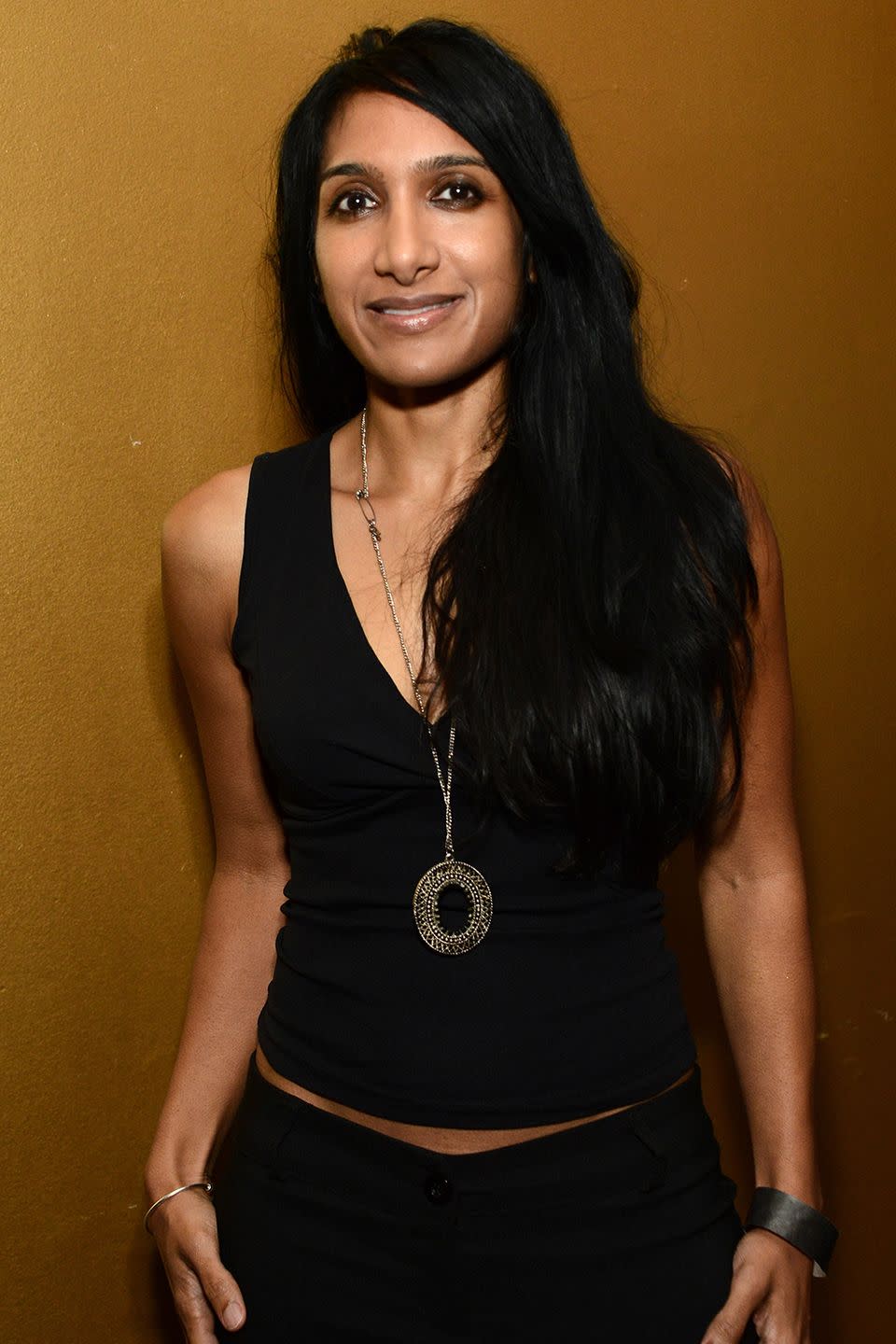
Geeta Patel is always looking to connect emotionally with audiences, regardless of genre. She’s currently adapting Meet the Patels, the hilarious autobiographical documentary she made with her brother in 2014, into a feature film. And she’s directed so many great TV shows in the interim (The Mindy Project, Superstore, The Great) it’s hard to list them all here, but it’s worth mentioning that she was hired for House of the Dragon, the Game of Thrones prequel.
S.J. Clarkson
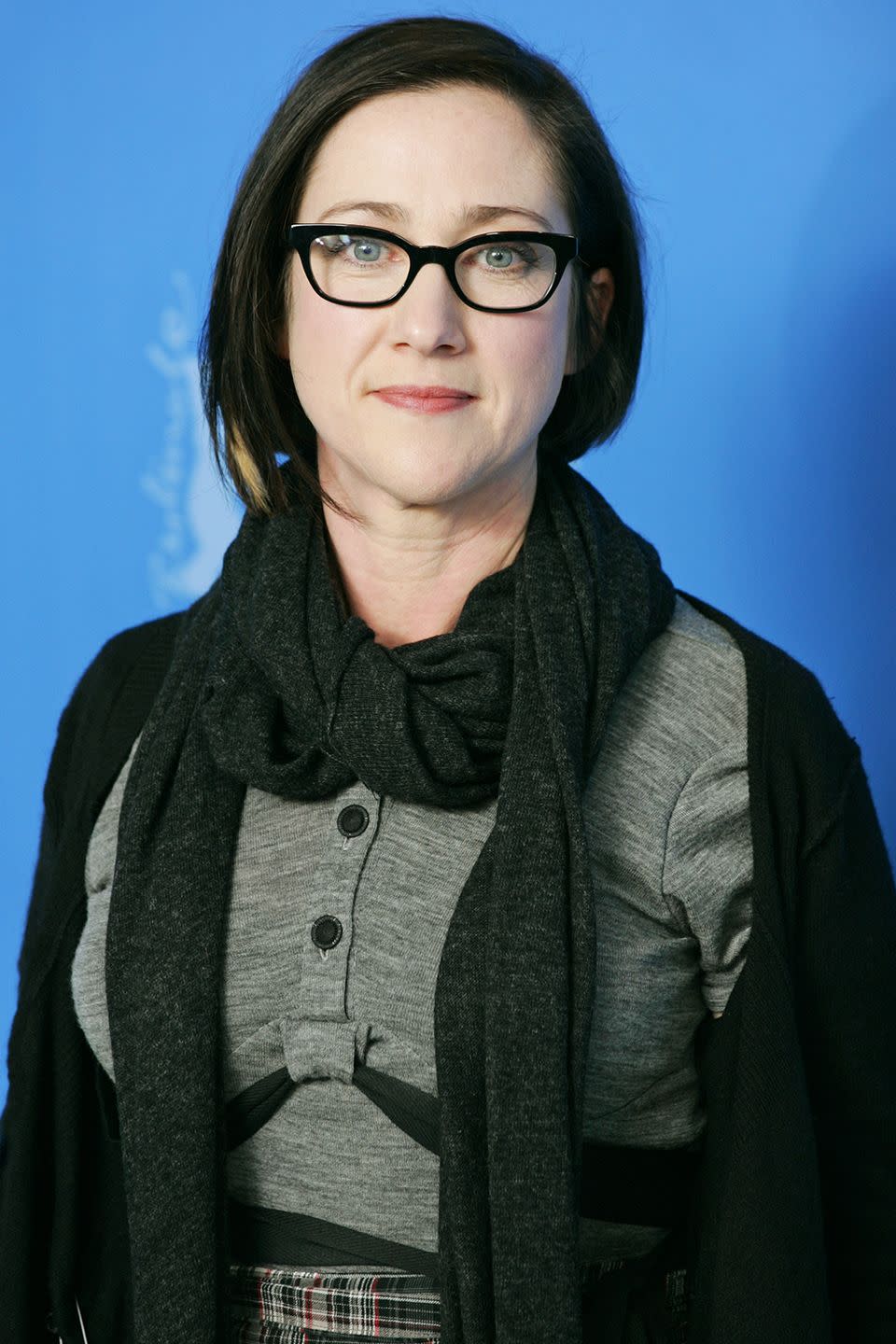
S.J. Clarkson has the benefit of working on both sides of the pond. She co-created the U.K. hit Mistresses, which got picked up for an American adaptation by ABC. Recently, she’s directed every episode of the Netflix miniseries Anatomy of a Scandal starring Michelle Dockery and Sienna Miller. Her credits include some of the biggest and best shows of our time (Succession, Orange Is the New Black, Vinyl, Ugly Betty, Heroes, Dexter), and she was recently tapped to direct Madame Web, part of the Spider-Man universe, for Sony.
Eliza Hittman
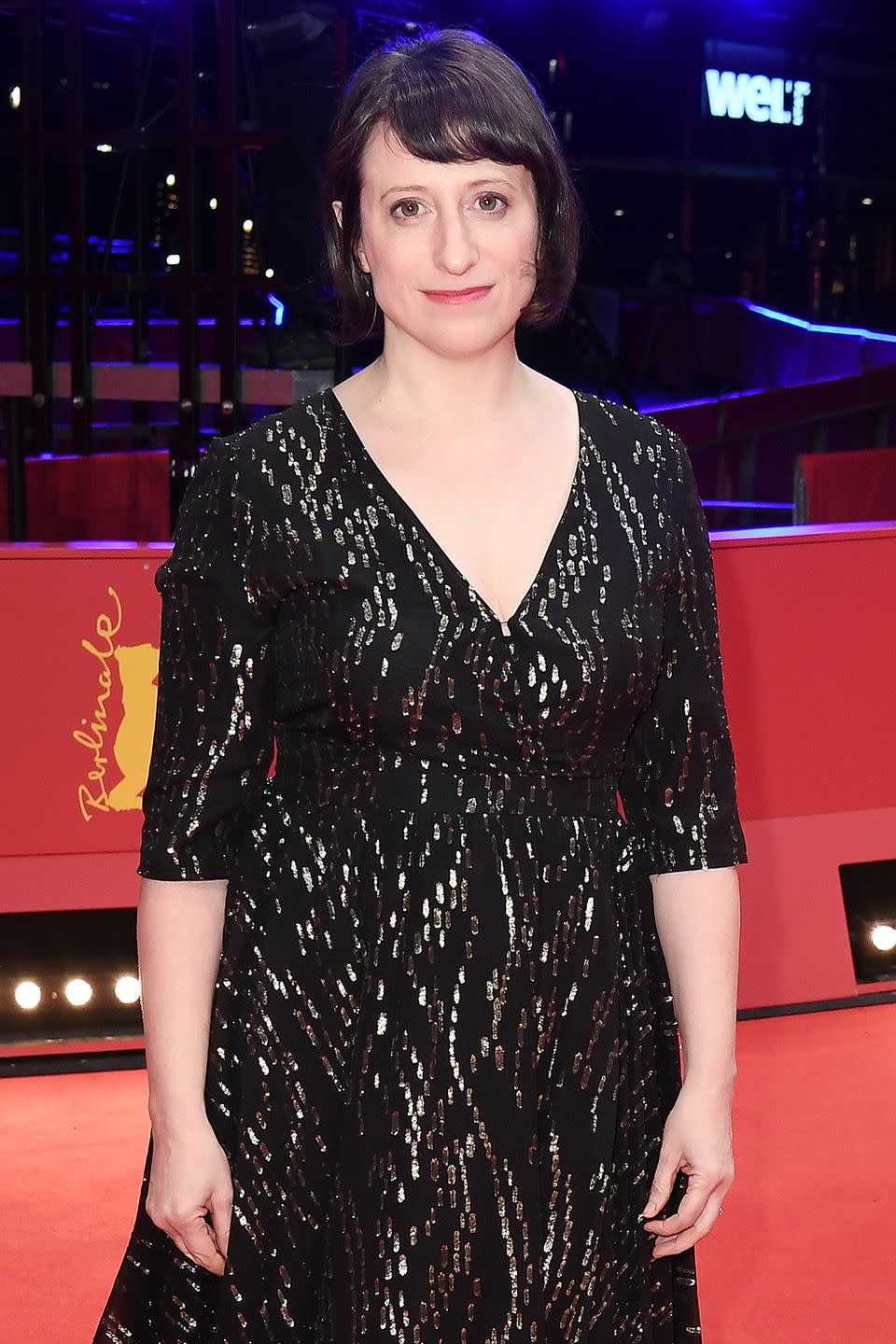
Eliza Hittman is one of a handful of current auteurs willing to show the unvarnished truth about young people, particularly young women. She appeared onto the indie film scene with Sundance’s coming-of-age drama Beach Rats and helmed the critically acclaimed Never Rarely Sometimes Always, a film that deals openly and frankly with women’s experiences of abortion. Next, she’ll be executive-producing and directing multiple episodes of Peacock’s new true-crime series, A Friend of the Family, starring Anna Paquin.
Stella Meghie
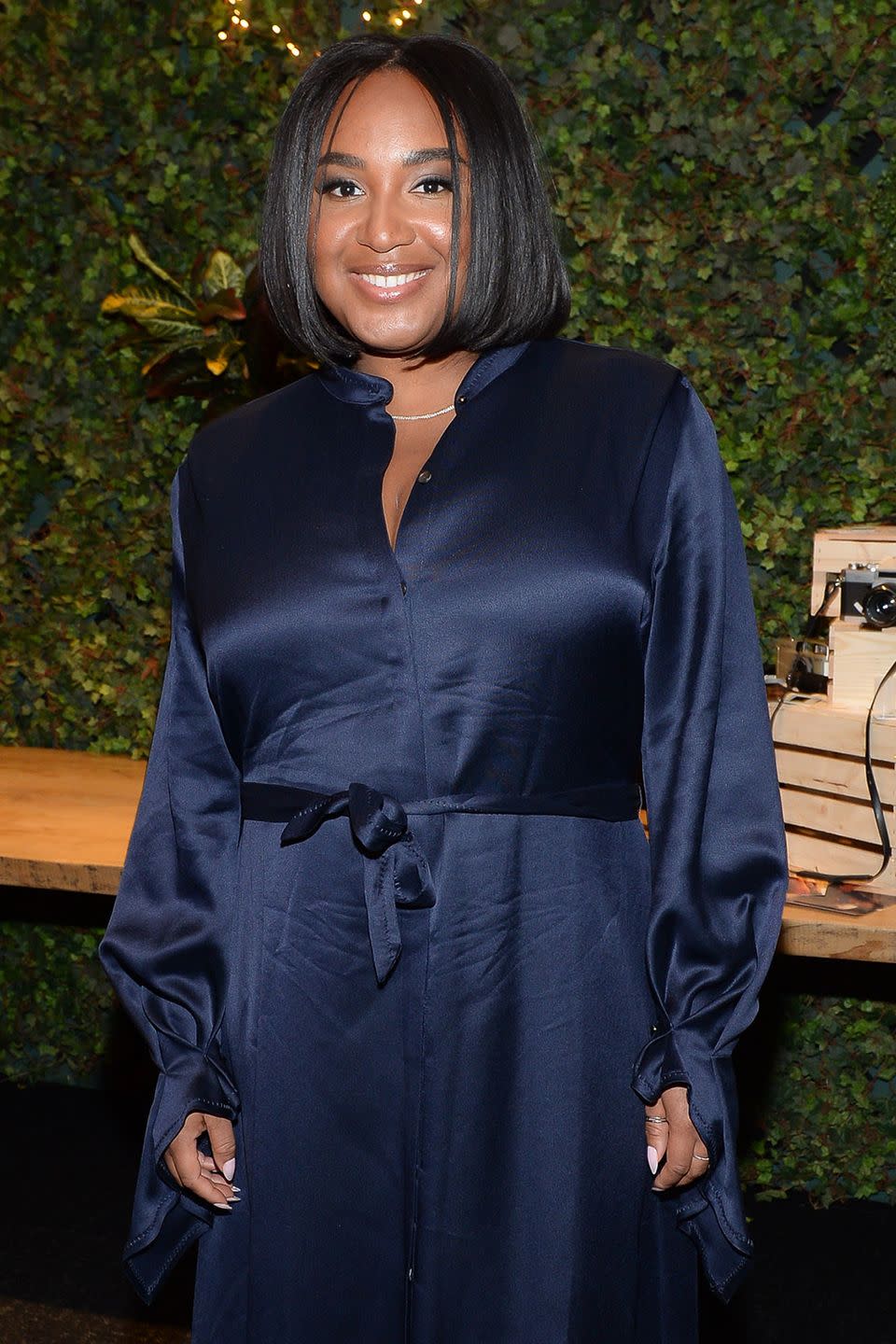
Stella Meghie’s debut was the 2016 film Jean of the Joneses, a family dramedy starring Taylour Paige, which she wrote and directed. The following year, out of all the films financed by major studios, her sophomore feature, Everything, Everything, was the only one by a Black female director. And now, she’s joined Walt Disney Animation Studios as director and writer of the Tiana animated series, set to release on Disney+ in 2023. Her goal of telling Black stories, and particularly Black women’s stories, makes her a vital part of this new wave of filmmakers.
Ellen Kuras
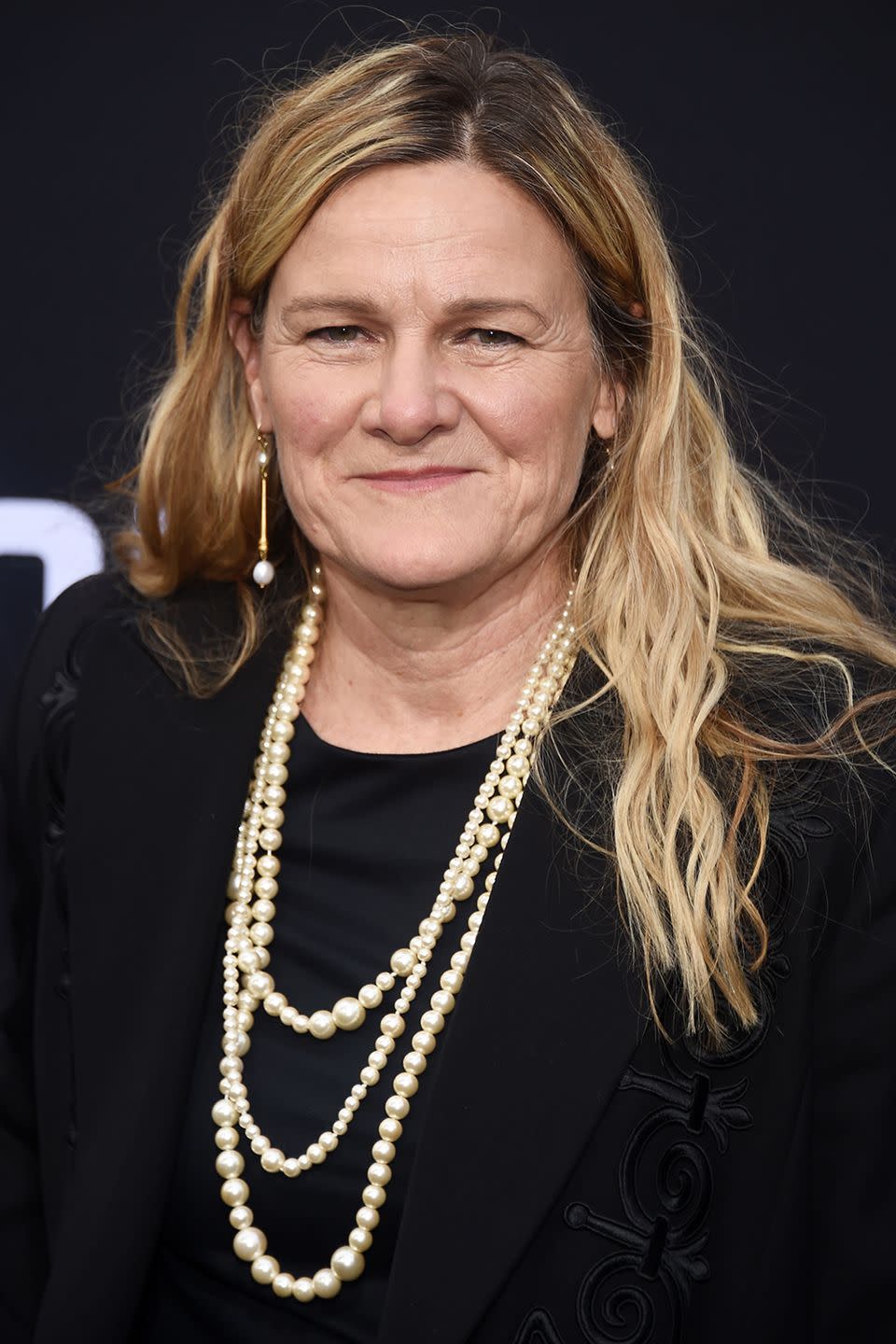
Ellen Kuras just received the American Society of Cinematographers Lifetime Achievement Award for her work on films like Eternal Sunshine of the Spotless Mind and A Little Chaos. Her career as a cinematographer has given her unique insights as a director. She’s always dabbled in helming films, including with the Oscar-nominated documentary The Betrayal. But over the last six years, she’s been racking up great TV directing credits like Ozark, The Umbrella Academy, and Inventing Anna, and now she’s teed up to direct the war correspondent biopic Lee, starring Kate Winslet.
Lulu Wang
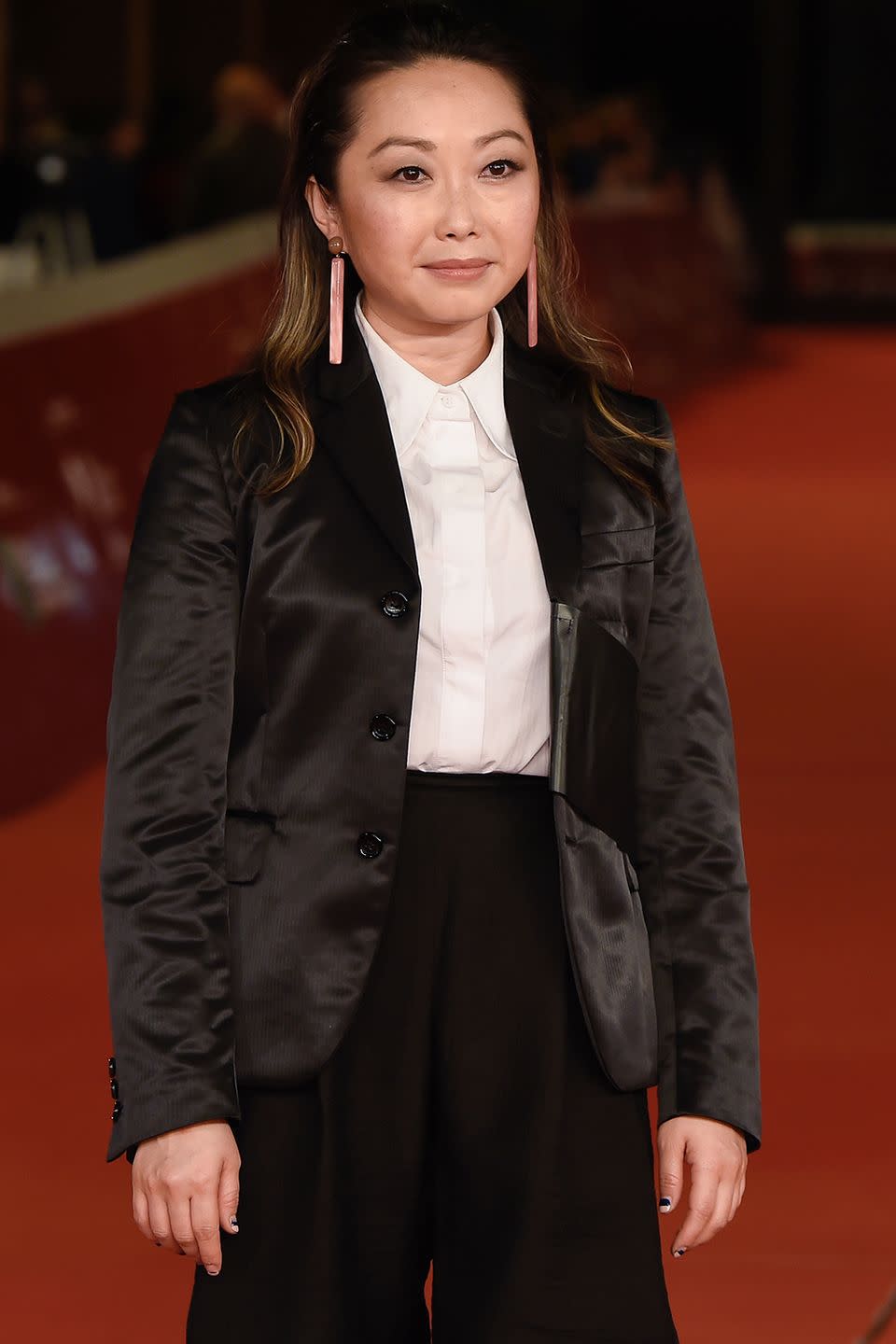
Lulu Wang made the award-winning The Farewell in 2019, which showcased her deft ability to weave comedy and drama together in one film. Now, she’s showrunning and directing Expats for Amazon Studios with Nicole Kidman, and producing and directing a feature (as yet untitled) inspired by Hirokazu Kore-eda’s Like Father, Like Son.
Tig Notaro
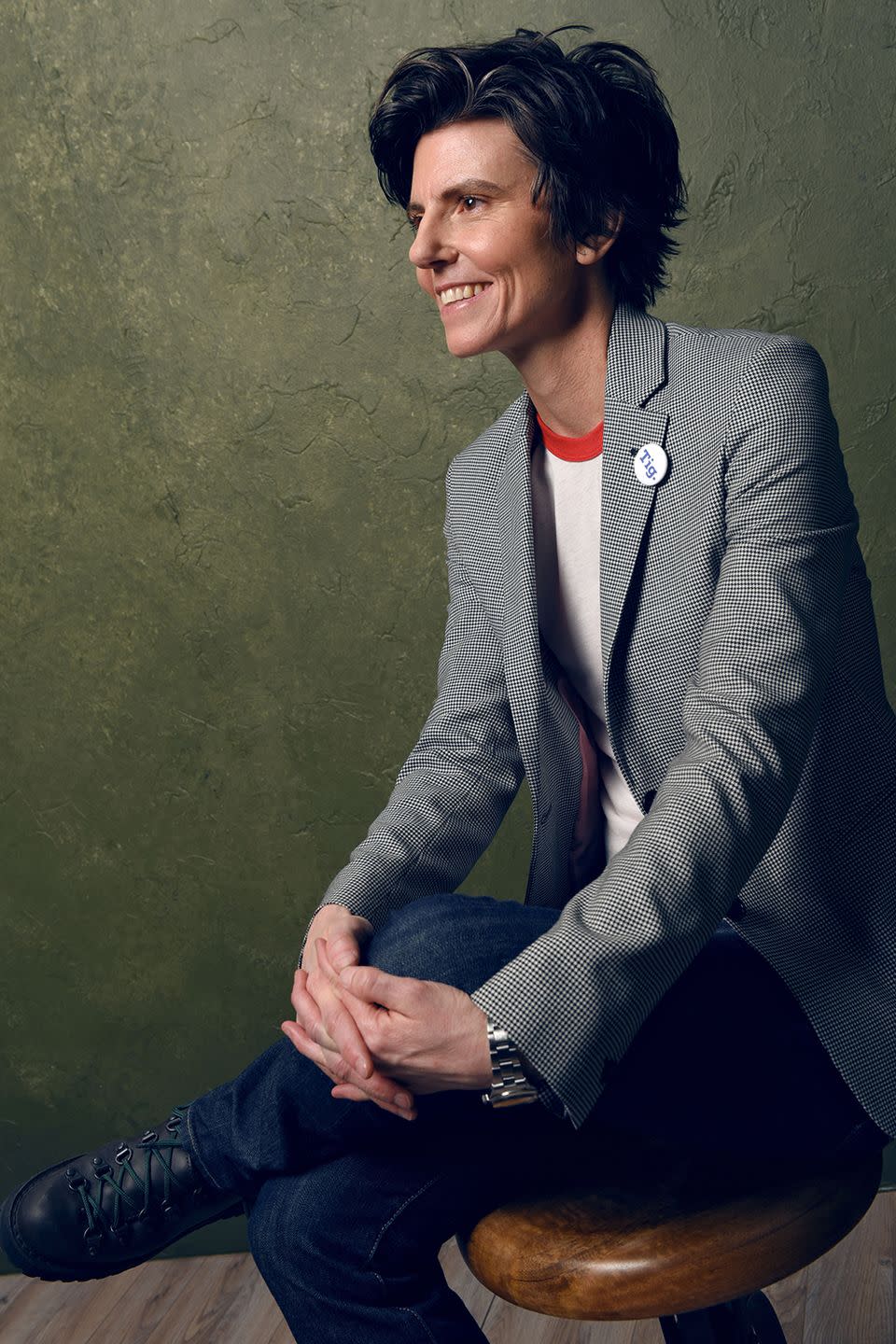
Tig Notaro is known for her signature deadpan style, which informs her writing, acting, and comedy. Her perspective as part of the LGBTQ community lends itself to much-needed storytelling, like her first feature, Am I OK?, a sweet friend-coming-out rom-com starring Dakota Johnson and Sonoya Mizuno, which she co-directed with her partner, Stephanie Allynne, and debuted this past January.
You Might Also Like

